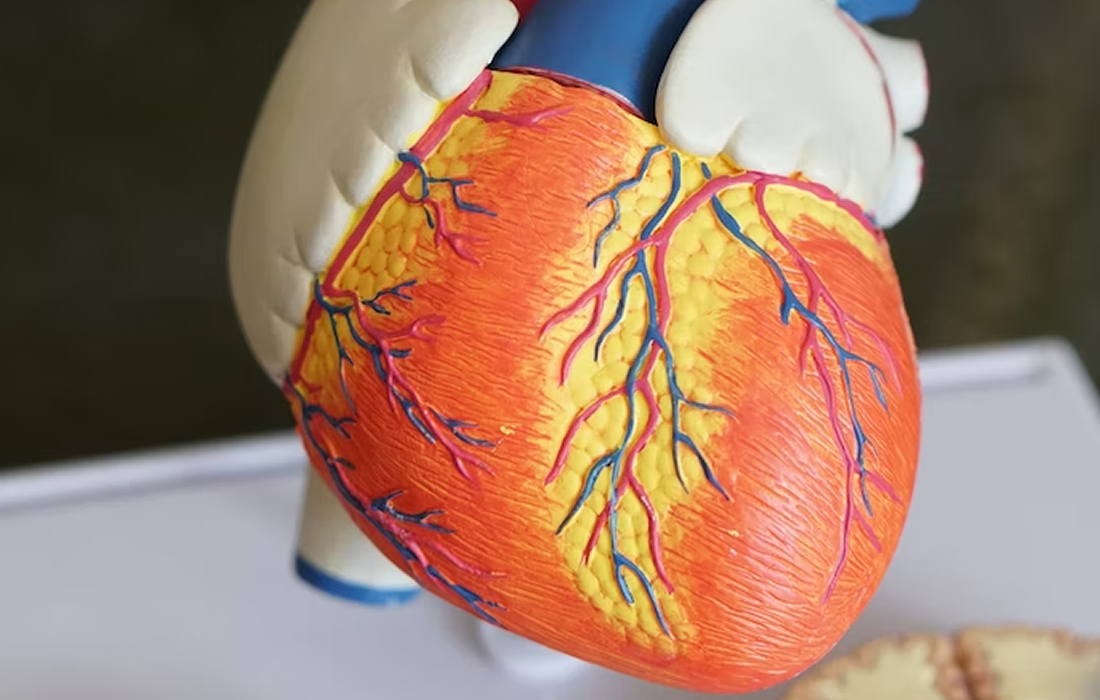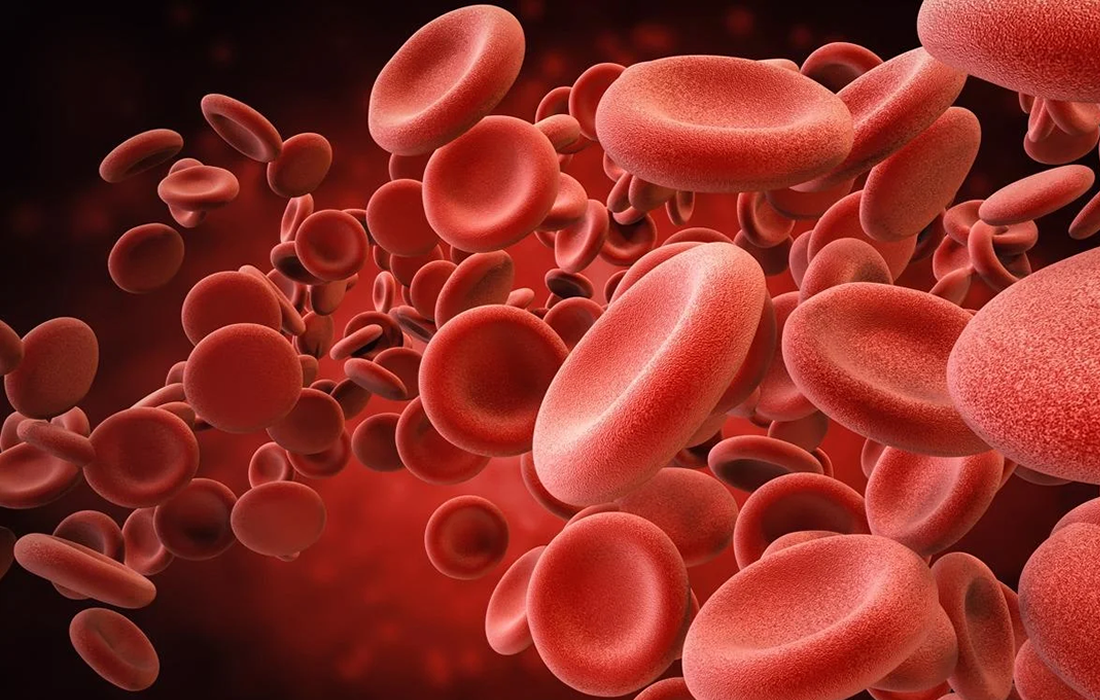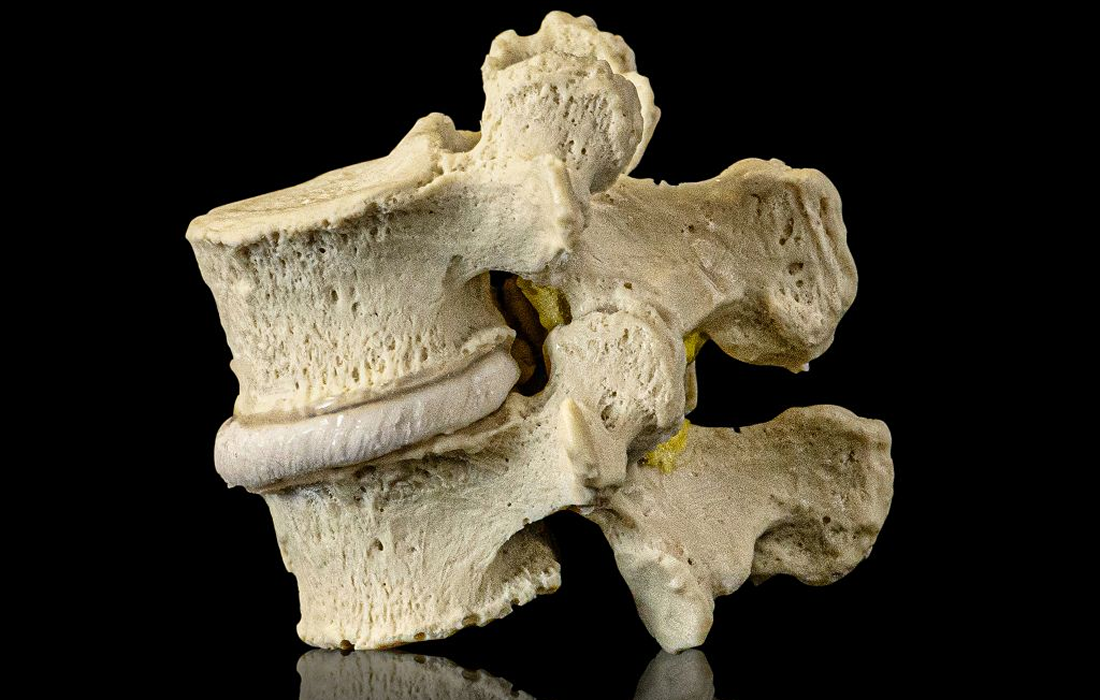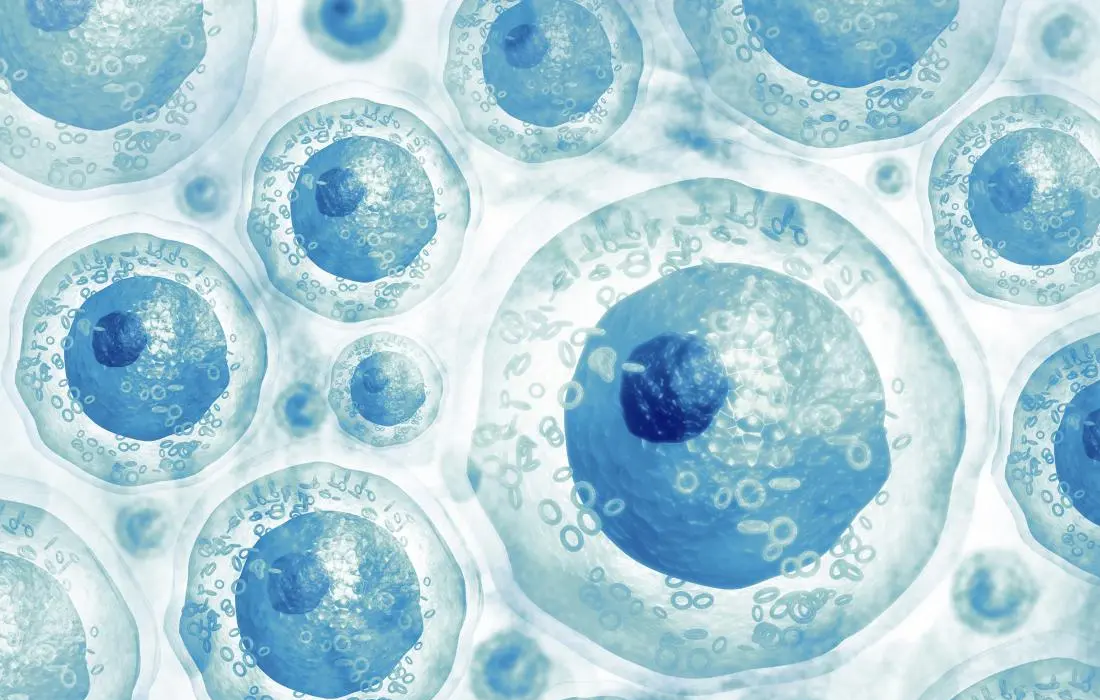Targeting a specific enzyme in the muscle could help cancer patients preserve muscle mass and potentially prolong their survival, according to research from UTHealth Houston. A study led by Yi-Ping Li, PhD, professor in the Department of Integrative Biology and Pharmacology with McGovern Medical School at UTHealth Houston, found that an enzyme known as UBR2 […]
Category Archives: Regenerative Medicine News and General Information
Automated insulin delivery systems, also called artificial pancreas or closed-loop control systems, track a person’s blood glucose levels using a continuous glucose monitor and automatically deliver the hormone insulin when needed using an insulin pump. These systems replace reliance on testing glucose level by fingerstick, continuous glucose monitor with separate insulin delivery through multiple daily […]
There have been recent case reports of children and adolescents experiencing suspected or proven cardiac arrhythmia during electronic gaming. Subsequent proarrhythmic cardiac diagnoses have had significant implications for these children and their families. The pathophysiological basis for this phenomenon is attributed to adrenergic stimulation related to the emotionally charged electronic gaming environment. While competitive sport […]
Many important drugs for treating microbial infections are derived from natural products produced by microorganisms. In an era of increasing antimicrobial resistance, there is an urgent need for discovery of new antibiotics for use in medicine and agriculture. Several antifungal drugs derived from natural products, or that mimic natural products, have been approved. Pathogenic fungi […]
Direct reprogramming has revolutionized the fields of stem cell biology and regenerative medicine. However, the common mechanisms governing how reprogramming cells undergo transcriptome and epigenome remodeling (i.e., regulatome remodeling) have not been investigated. In a study published in the journal Cell Stem Cell, scientists at the University of North Carolina at Chapel Hill discovered a […]
Iron is required for cellular biochemistry, supporting processes such as oxidative metabolism, DNA synthesis, and epigenetic remodeling. As an integral component of heme, iron must be supplied in adequate amounts to secure hemoglobin synthesis and prevent anemia. Anemia due to iron deficiency is highly prevalent. It is often due to insufficient dietary iron intake or […]
Low back pain is a leading cause of disabilities throughout the world and engenders a tremendous socioeconomic burden. It has been estimated that intervertebral disk (IVD) degeneration accounts for 22–42% of patients with low back pain. IVD degeneration frequently leads to more debilitating conditions, such as lumbar disk herniation, lumbar spinal stenosis, and spinal deformity, […]
Stem cells overflow with potential. Their ability to become other cell types is crucial to our bodies, both during development and throughout life. But this potential can be our very downfall if it goes wrong, turning some of our most useful cells into malignant cancers. While investigating a pathway involved in stem cell differentiation, researchers […]
Systemic lupus erythematosus (SLE) is an autoimmune disorder characterized by antibodies to nuclear and cytoplasmic antigens, multisystem inflammation, protean clinical manifestations, and a relapsing and remitting course. More than 90% of cases of SLE occur in women, frequently starting at childbearing age. Signs and symptoms of SLE SLE is a chronic inflammatory disease that can […]
Chronic migraine is less common than episodic migraine but is associated with a higher disease burden and cost. Some of these patients suffer from refractory migraines, which are persistent and debilitating headaches that are unresponsive to standard treatments. To be diagnosed with chronic migraine according to the International Classification of Headache Disorders, third edition (ICHD-3), […]










